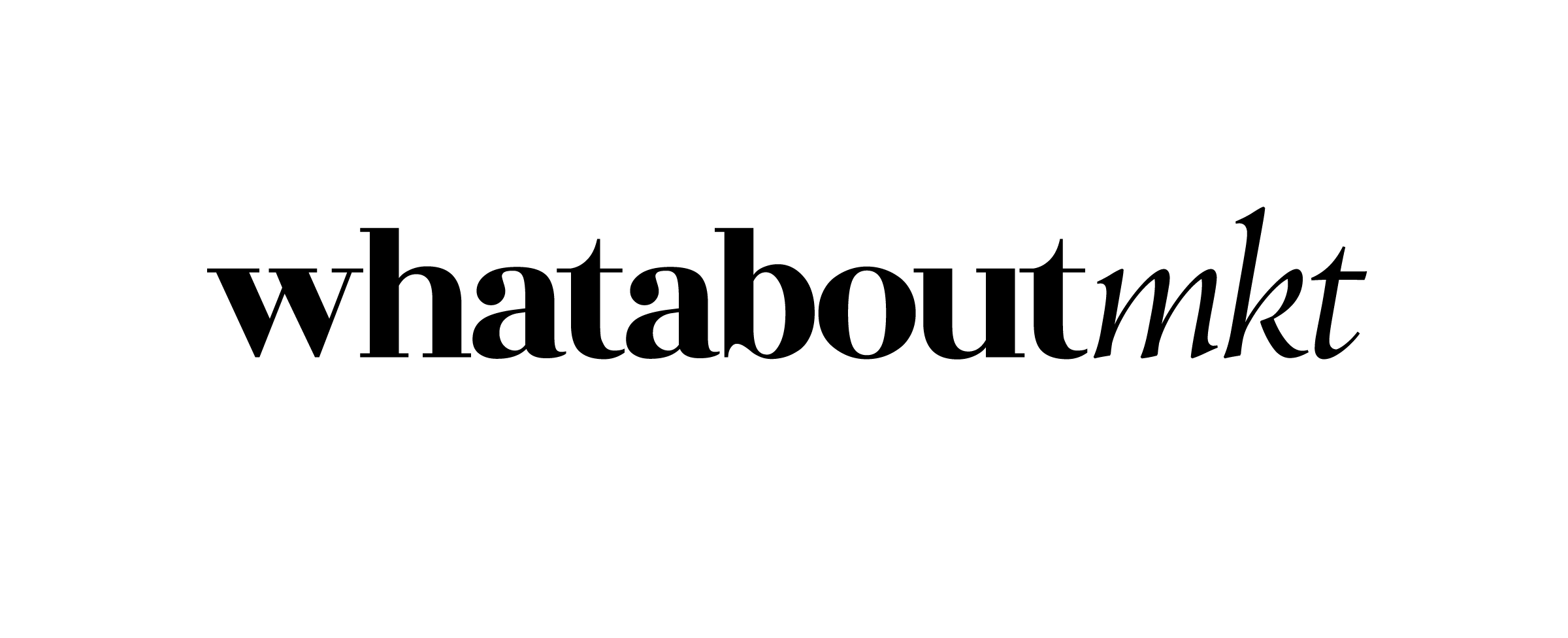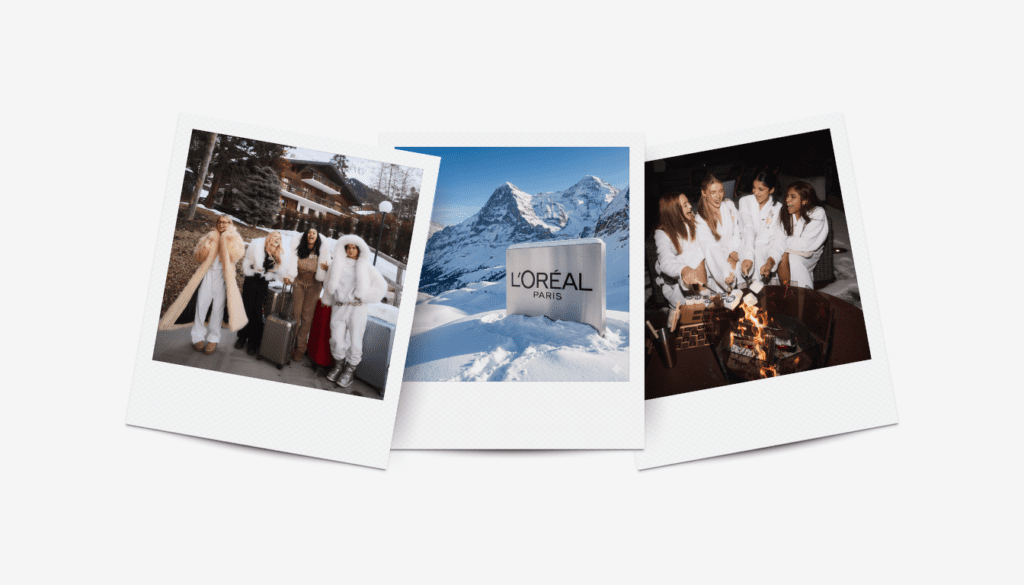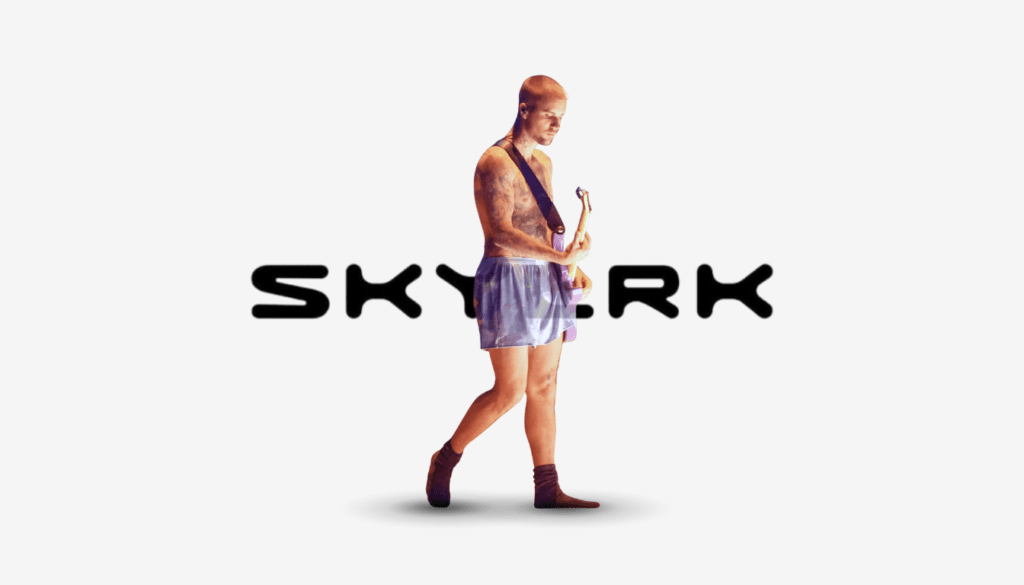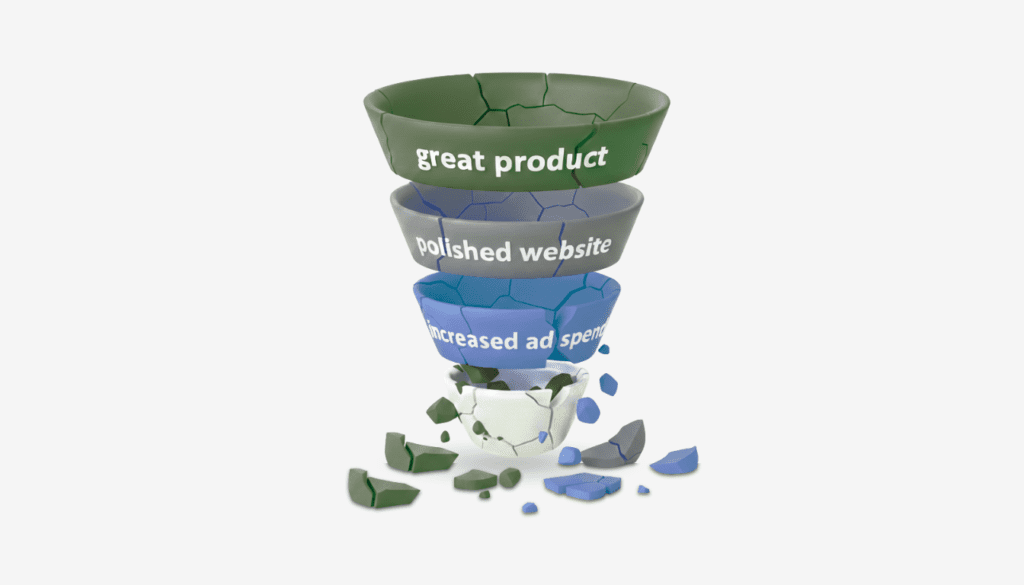Nike and Skims are introducing NikeSKIMS as a standalone women’s brand with its own creative language, roadmap, and distribution, rather than a limited-edition mash-up. The promise is simple and aggressive, creating products “engineered to perform, designed to sculpt,” meant to move from studio to street without sacrificing either compression or capability. In a market crowded with athleisure and technical training gear, that framing creates a new lane, known as the performance shapewear, that both partners can credibly claim ownership of.
The debut lands with retail discipline. Drop one is available on Nike.com, SKIMS.com, and a short list of flagships, concentrating heat and controlling sell-through. The staggered rollout primes additional doors and categories, especially footwear and accessories, once the apparel foundation finds its cadence.
The Product System: Sculpt First, Then Stack Use Cases
NikeSKIMS launches at scale, featuring approximately 58 silhouettes organized into seven collections, which yield more than 10,000 mix-and-match combinations. Instead of a typical “capsule,” this behaves like a wardrobe system. Collections such as Matte (mid-compression), Shine (slick stretch), Airy (breathable mesh), and Vintage Seamless/Matte Tricot cover a range of training needs, from high-impact to recovery and layering. Moreover, price points cluster in the accessible-premium band, and sizing ranges from XXS to 4X, carrying over Skims’ fit-and-feel obsession to a performance context.
Lastly, the design through-line is unmistakably Skims, with body-conscious cuts and a quiet, neutral palette, executed in Nike performance fabrics that must withstand interval work, plyometrics, and barbell training. That dual mandate will be tested to see if compression elevates confidence without impeding range of motion, and if it becomes true, the line can unlock new loyalty. Still, if it just “looks” fast without performing, the category narrative collapses.
Bodies at Work: An Athlete Chorus, Not a Celebrity Monologue
The launch film, “Bodies at Work,” puts more than 50 women athletes on screen and on the product, including Serena Williams, Sha’Carri Richardson, Chloe Kim, Jordan Chiles, Nelly Korda, Madisen Skinner, Romane Dicko, and Beatriz Hatz, among them, shot with cinematic care by Janicza Bravo and photographers Luis Alberto Rodriguez and Rob Woodcox. That casting choice does triple duty. It anchors the brand in sport (not influencer cosplay), stretches use cases across disciplines, and ensures generational reach from GOATs to NCAA standouts. The creative signals the seriousness of Nike’s house code, the athlete truth, applied to Skims’ body-obsessed tailoring.
Crucially, the athlete chorus also hedges brand-fit risk. Skims’ sensual minimalism could feel off-tempo if product performance lags; elite athletes demonstrating real movement keep the story grounded in function.
The Commercial Logic
Nike has under-delivered against its potential among women, while rivals have piled on shares. Skims, meanwhile, commands cultural attention and trust in the areas of comfort, fit, and body confidence. NikeSKIMS fuses those strengths to address a persistent consumer friction by training gear that either flatters but fails under load, or performs but feels unforgiving. By naming and owning “performance shapewear,” the partners create a fresh consideration set, one that can rival Lululemon/Alo on fashion credibility and compete with On/Hoka on performance posture without copying either.
If the thesis holds, Nike wins frequency (more days per week the apparel is worn) and brand warmth in women’s clothing; Skims graduates from solutions wear to sport, expanding its lifetime value. If it fails, it will be because the product didn’t meet the bar for serious training, or because fashion overran function in the brand’s public perception.
Distribution, Data, and Demand Design
Beyond door count and scarcity, the go-to-market strategy is heavily reliant on first-party data. Nike prompts members to add NikeSKIMS as an “interest,” capturing intent before drop day and enabling precise follow-ups on sizes, colors, and collections. Skims pushes email/SMS signups and waitlists to shape the drop curve. In parallel, tight in-store allocations provide the campaign with tactile moments, including try-on, mirror selfies, and concierge-style fitting, that naturally translate to social media.
The commercial milestones to watch are straightforward: day-one sell-through and waitlist conversion; replenishment cadence in core sizes; UGC of athletes and creators training in the gear beyond polished campaign assets; and the timing of footwear/accessory extensions that transform NikeSKIMS from launch moment to brand program.
Who Nike Is Really Targeting
The bullseye sits at the intersection of two large circles: Gen Z and Millennial women who train, ranging from studio classes and track workouts to strength cycles, and who want their kit to enhance their silhouette and confidence as much as it supports performance. The audience already trusts Skims with how garments feel against the skin; Nike now asks them to trust that same feeling under strain. Secondary targets include emergent sports communities with significant social spillover (e.g., gymnastics, volleyball, golf, track), where the athlete roster already has credibility.
The Risk Ledger and the Upside Scenario
Brand stretch is the obvious risk: push too far toward sensuality and the training story rings hollow; over-index on performance and the Skims differentiator blurs. There’s also a timing risk, launch delays, elevated expectations, and supply risk if core sizes sell out faster than replenishment can be delivered. The upside is meaningful: if NikeSKIMS consistently converts try-ons to PRs in the gym (or simply to more confident reps), it can become a “brand within the brand” with its own calendar, its own ambassadors, and eventually its own footwear signatures.
In a category that has long asked women to choose between flattering and functional, Nike and Skims are wagering that the winning answer, commercially and culturally, is “both.”









